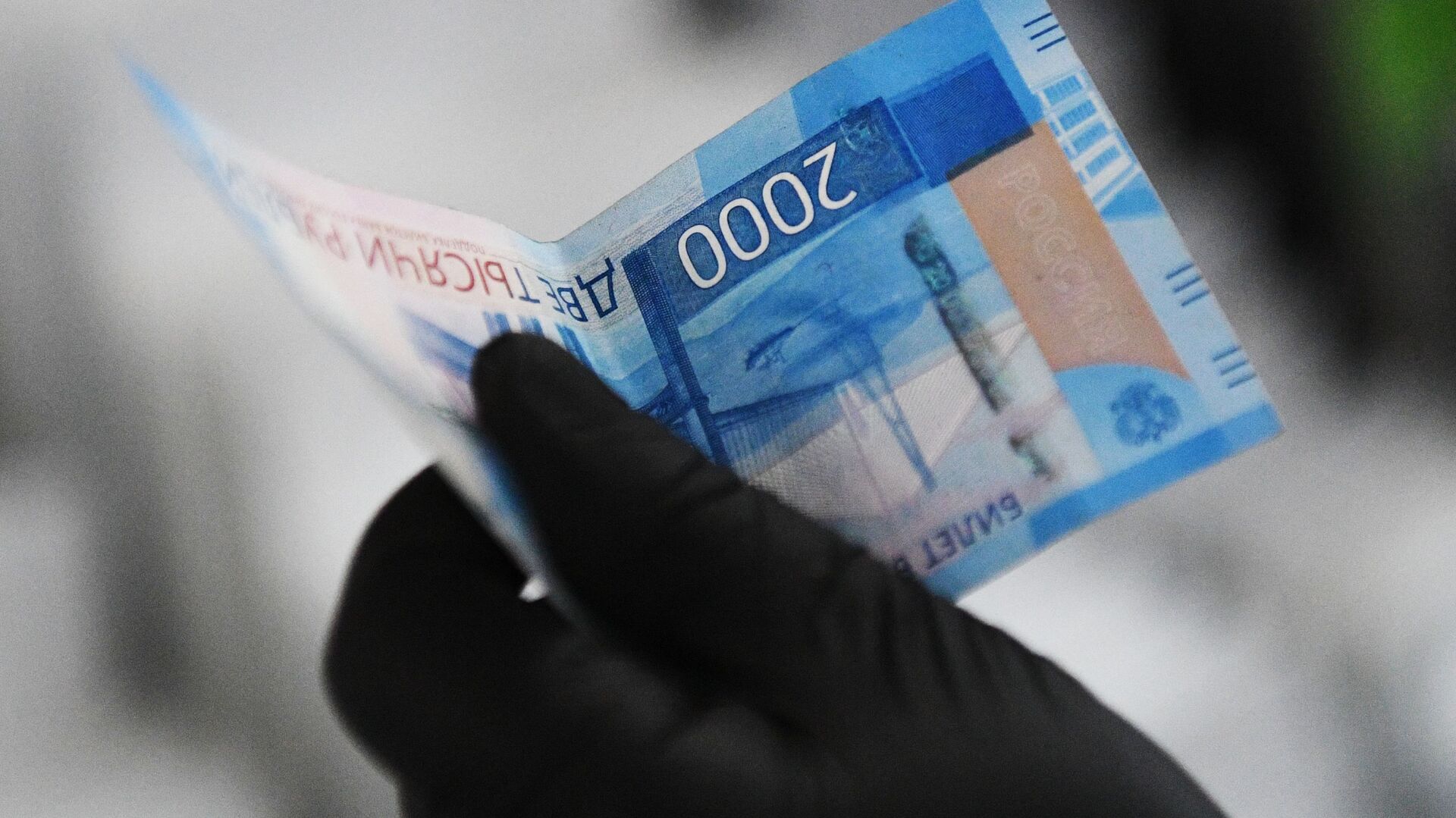Western Institutions May Invest in Russian Equities Amid New Sanctions - US Investor
00:48 GMT 23.02.2022 (Updated: 21:00 GMT 19.10.2022)

© Sputnik / Grigory Sysoev
/ Subscribe
WASHINGTON (Sputnik) - Most western institutions will now stay away from Russia's sovereign debt amid the newly announced US sanctions, however, they may invest in Russian equities, Gary Korolev, CEO of Sovereign Wealth Management, told Sputnik.
“The vast majority if not all western institutions will now stay away from Russian debt, but may invest in Russian equities that trade on many western exchanges,” Korolev said.
Korolev noted that international investors are generally jumpy and on the fence about investing in Russia.
“Only deep value investors who are collecting health Russian company dividends understand the true value of these companies are going to be able to withstand this type of volatility that is happening in the Russian markets right now,” he said. “Most 'macro tourist' type investors who may have been in the trade as a contrarian bet against a longer conflict in Russia slash Ukraine are likely to jump ship in the short run.”
Earlier on Tuesday, US President Joe Biden said the United States is imposing full sanctions on Russia’s two major financial institutions - Vnesheconombank (VEB) and a military bank, in response to Moscow's decision to recognize the breakaway republics of Lugansk and Donetsk.
“These sanctions appear to be about as expected. VEB bank has been under sanctions starting in 2014 so these new additional sanctions are not a shock,” Korolev said. “These sanctions seem to be incremental rather than anything revolutionary.”
Korolev also said he believes that the impact of the sanctions on the Russian economy will be negative in the near term.
“Liquidity and credit are the oil which greases the wheels of an economy and any further restriction on already a severely credit starved economy such as the Russian economy will further impact Russia's GDP and employment prospects,” he said. “These effects are short and medium term. Longer term however the positive side to such sanctions is the development of alternative financing resources other than reliance on western banking institutions.”
When asked about the US sanctions on Russia's elites , Korolev said one of the consequences would be Russian oligarchs and their families moving assets increasingly outside of the western financial system.
“On the one hand it could further strengthen the Russian economy by discouraging capital flight, on the other hand it could turn a lot of powerful people within the Russian financial/political system against the Putin administration creating a lot of friction and reducing the effectiveness of the Putin administration,” he said.
Korolev went on to say that the sanctions do not come near to having a significant impact on the world economy.
“They will certainly make it more difficult for the Russian economy to finance itself in the short run but in the longer run there may be a silver lining in terms of increasing Russia's independence from the western financial system while at the same time reducing capital flight out of Russia,” he said. “If Russian oligarchs realize they could have their assets frozen in the West they will be more amenable to the risks that exist in keeping the funds in Russia comparatively speaking.”
On Monday, Russian President Vladimir Putin signed decrees recognizing the independence of the Donetsk and Lugansk people's republics. Under new treaties, Moscow pledged to ensure the security of the Russian-speaking republics.
The decision came after a deterioration of the situation on line of contact between Ukraine and the breakaway regions. Moscow has repeatedly denied any intention of invading Ukraine.


